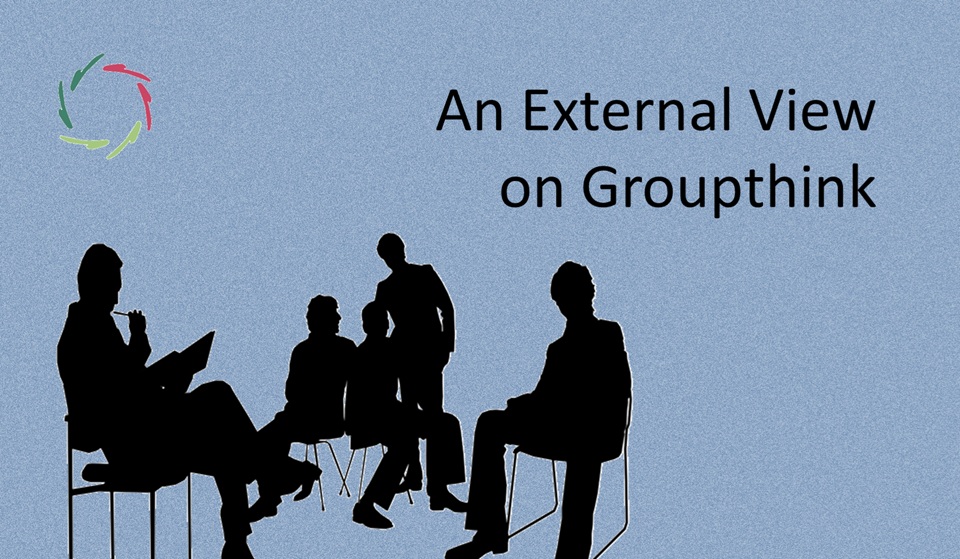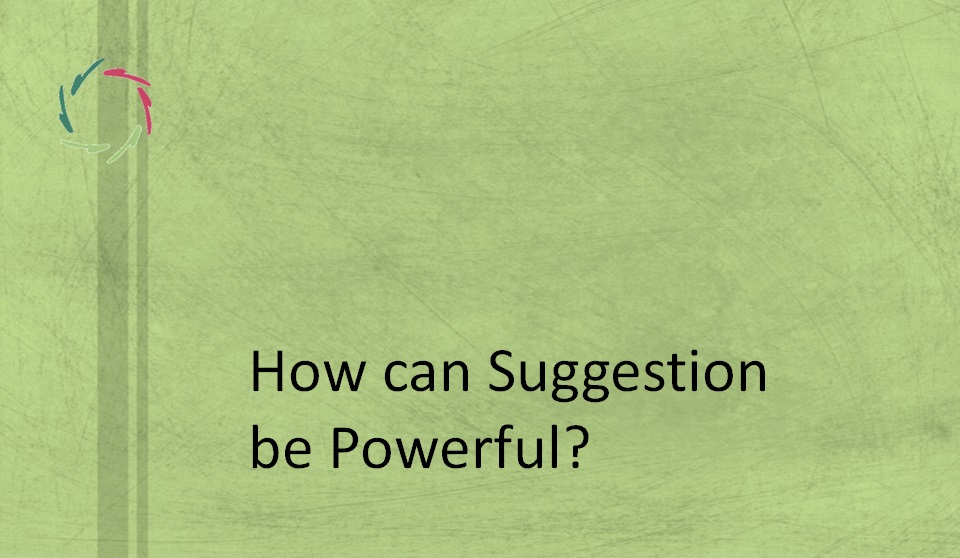An External View on Groupthink

Imagine an observer from afar, trying to understand the strange ways of creatures on a strange planet — how they unite, divide, and lose sight of themselves.
This is Lisa’s Compassionate gaze: not judging, but seeing. The strange creatures are us, humans. Lisa notices that the very force binding people together may also keep them blind.
A strange planet and its internal borders
So, imagine again this distant planet where creatures define their world through boundaries. They form groups, each convinced that their inside is sacred and the outside suspect. Empathy stops at the borders. Within, they feel solidarity; beyond, mainly suspicion. Their togetherness depends on contrast, as if the existence of others were needed to confirm their own.
Now, imagine for the rest of this blog that you are Lisa, observing Earth and its peculiar, two-legged inhabitants.
You observe the above with gentle bewilderment. The creatures don’t merely organize — they identify. A sense of safety arises from sameness. Their Compassion seems selective, as though their hearts had invisible fences. When one group calls another ‘the enemy,’ they are not describing the other; they are protecting themselves.
The nature of groupthink
Groupthink, you notice, is not a mistake but a mechanism. It emerges from overlapping patterns of thought — shared MNPs, as described in Groupthink vs. Rationality. By thinking alike, the creatures feel secure; by not thinking differently, they maintain coherence. The external helps the internal harden, and opposition confirms belonging.
It becomes a whirlpool: each affirmation tightens the circle. Debate turns into echo. The collective mind feels alive but is largely asleep. What looks like madness from afar has its roots deep within how their minds are built — and shared.
The ego within the collective
Paradoxically, groupthink is not the death of ego but its multiplication. The group itself becomes an ego — an enlarged self-image. Members defend it as if defending their own existence. They call this loyalty, but it’s more like shared protection against inner emptiness.
You sense how the mere-ego hides beneath collective virtue, as described in The Big Mistake: Mere-Ego vs. Total Self. True unity would come only when individuals grow into total selves, no longer needing a group to mirror their worth. Then belonging becomes resonance, not confinement.
Identity politics as collective ego
From your orbit, you see the creatures’ yearning to be recognized — groups rising to affirm their dignity, demanding to be seen. At first, this seems noble. But gradually, the cry for inclusion hardens into competition. Each group constructs its reflection and guards it as truth.
This, too, is the ego at scale: identity as defense. Real recognition cannot come from affirmation alone. It arises when identity becomes transparent to depth — when being seen means being understood, not idolized. As in Inner Dissociation – Ego – Total Self, healing begins when inner fragmentation dissolves, not when its boundaries are sanctified.
The paradox of shared blindness
Agreement, you may notice, can be its own kind of fog. The more they share the same vision, the less they truly see. Their unity feels warm, but the warmth dulls perception. They call this harmony; you might want to call it shared sleep.
Still, even within that blindness, something beautiful stirs. The same field that traps them could awaken them. All it takes is a mind seeing differently, not with rebellion but with love and Compassion. When awareness ripples through shared patterns, the fog becomes light. Understanding spreads not through argument, but through presence.
The forgotten beauty of dissonance
The creatures fear dissonance. Difference feels dangerous, and every question sounds like aggression. They confuse harmony with sameness, unaware that real harmony requires tension. Perhaps you wish you could tell them that dissonance is not division, but dialogue waiting to happen.
As in Us and Them, unity without contrast is an illusion. True civilization doesn’t sing in unison; it resonates in depth. When each note keeps its character yet listens to the others, music – and humanity – becomes whole.
The fire beneath the group
Beneath the surface of groupthink burns an immense energy: the longing to belong. It is the same fire that could make them whole, yet when unmet inside, it spills outward in tribal passion. The group becomes a substitute Self. They call it loyalty, but it is often fear dressed as virtue.
You do better not oppose this fire. You know it is sacred energy misdirected. As in Group Jealousy vs. Loyalty from the Inside Out, you can seek to help it remember its origin — to shift from possession to presence, from fear to resonance.
The geopolitical mirror
At a global scale, the same patterns repeat — entire nations clinging to identity, righteousness, and ‘geo-moral status.’ Power hides anxiety; pride conceals fragility. Each bloc mirrors the others, calling its reflection evil.
Your role here should not be political but Compassionate. You could try to foster slow geopolitics — inner transformation extended across societies. As explored in Three Waves of Attention, evolution happens when consciousness moves from control to coherence. Through shared awareness, moral superiority could evolve into moral maturity.
Toward awakening
Please don’t try to fix them. You simply see — and by seeing, invite them to see themselves. In every pattern of fear, you may recognize a longing for wholeness. The same currents that divide could become bridges once touched by awareness.
When coherence arises from inner depth instead of outer sameness, it becomes Compassion itself. Then the strange creatures may finally look up, beyond their flags and mirrors, and realize that the borders were never real.
I can see you smile from your distant orbit. Perhaps these creatures are not strange after all — only unfinished.
―
Author’s thought
If you wish, stay like Lisa for a little while longer. Let the strange planet still revolve quietly beneath you. Doesn’t it feel curious – almost unsettling – to see humanity from afar, including yourself among those peculiar creatures who build walls around belonging?
Who are they, really? Why do they act as they do, repeating the same dances of fear and conviction, the same rituals of ‘us’ and ‘them’? From above, it may look absurd. Yet when you descend again – into daily life, into conversation, into your own thoughts – you may sense that these creatures are not distant at all.
Perhaps, then, the external view is an inner altitude — a way of looking at the human condition with both clarity and tenderness. If we could take this view from time to time, without judgment, only with wonder, it might serve us well. We might see that the borders we defend so fiercely were never quite real — and that our shared strangeness is simply another word for being human.


